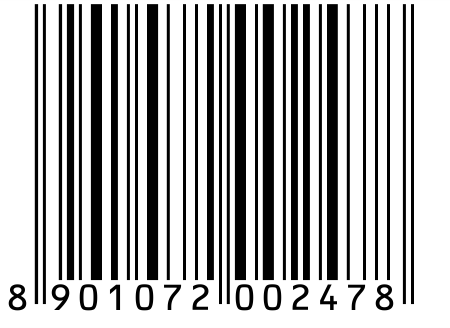
No matter what the size of your business is or what product line you have, there are enough online marketplaces to give you avenues to host your products. Whether you are a home-grown brand or manufacturing unit, having your products listed on websites like Amazon, Flipkart, Big Basket, etc., enhances your chances of sales.
But selling on these portals is easier said than done. To list your products on popular e-marketplaces, you need to accurately identify your products with unique product codes.
Why is it a requisite?
E-marketplaces need a unique identity on products to list them in their system. It is simply because in the absence of unique product identity, the chances of wrong invoicing, delivery, returns, etc., will increase manifolds.

To ensure that you are invoiced for the product that is selected, and then the right product is delivered at your doorstep, unique product codes (GTIN- UPC/EAN) play a critical role. These numbers form an important bridge between online listings and physical products and help you keep order in the inventory management process.
Further, these unique numbers also play an important role in the whole supply-chain process, to manage inventory and track & trace the movement of products from the point of manufacturing to the final sale.
GTINs also play an important role in optimizing your product’s ability to surface in search results on Google and hence increases product visibility.
Hence, it is clear that suppliers need to label their products with unique products codes, also known as GTINs — EAN/UPC.
Now comes the question, where to purchase these barcodes from?
GS1 India is the only authorized body in the country to issue GTINs. These numbers are used by the majority of retail chains and e-marketplaces in India, including Amazon, Flipkart, Future Retail, Aditya Birla Retail, Reliance Retail, Big Basket, Snapdeal, Spencer’s, Google, Easy Day, etc.
Other benefits of GTINs
- It is a reliable and globally recognized way to represent your brand. By identifying your products with GTINs, businesses can set themselves up for growth since these numbers are universally accepted by trading partners.
- It helps you meet retailer requirements of creating unique GTINs for each product variation you sell.
- Free barcode management with DataKart service

Another key feature of labelling GS1 barcode numbers on products is that it helps in the enhancement of products online search, as Google has shown the 40% improvement in the product’s search results when a barcode number is used on the product’s website or webpage, resulting in higher visibility in the marketplace which attracts more business.
Read more about why do you need a GS1 Barcode
Register for GS1 barcode and sell your products seamlessly.
For more information, visit: https://www.gs1india.org/
Comments
Post a Comment